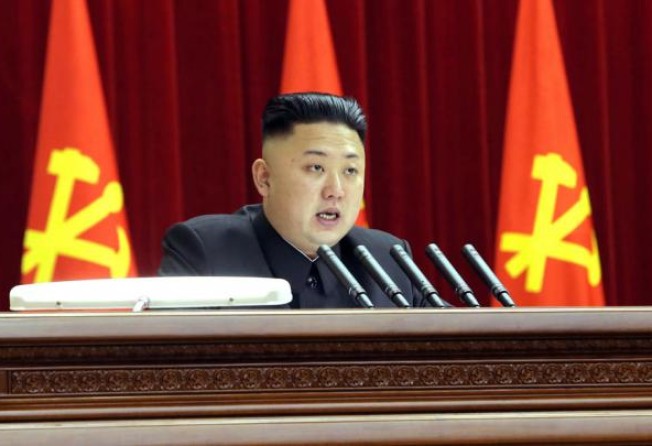The reason for North Korea's war talk
Chung Min Lee considers the politics behind Pyongyang's aggression

If Kim Jong-un is truly contemplating a serious military option, he should realise that such a move would signal the end of North Korea as we know it. Not only because South Korea and the US would respond immediately to any attack but because the North is in no condition to launch a war.
Kim and his generals may believe that with nuclear, biological and chemical weapons, special forces, and over 1,000 missiles, North Korea enjoys a strategic edge. True, nuclear weapons are an extremely serious threat. But the nation's overriding war-fighting capabilities have been degraded over the years due to endemic food and fuel shortages, the dwindling of more modern weapons systems from Russia and China, and an extremely corrupt and politicised general staff. Moreover, if Kim believes South Korea's new president, Park Geun-hye, is going to buckle under his threats, he should think again.
Despite sequestration and looming budget cuts in the US, the US-South Korea alliance has never been stronger and Kim should understand that President Barack Obama, who has shown his willingness to take the war on terrorism to a new level, is no pushover.
Finally, there is China, in the persona of President Xi Jinping . The worst scenario for Xi and the newly configured Central Military Commission is to allow Kim to undertake a ruinous military venture. Xi's close ties with the People's Liberation Army and deep knowledge of military policy mean he is likely to maintain a tighter grip on surveillance of the North Korean army. If Kim unleashes another attack like the 2010 sinking of the Cheonan and bombing of Yeonpyeong Island, Xi is highly unlikely to sit on the fence. He will perceive North Korea to be a strategic liability.
North Korea's intrinsic value as a buffer against South Korea and the US may have made sense when China was weak and fractured. Today, China's longer-term prosperity and stability hardly depend on bolstering a poor, isolated and dangerous country. Consider the fact that Seoul's annual trade with Beijing is expected to top the US$300 billion mark by 2015 whereas Pyongyang continues to be dependent on Chinese aid.
Kim rightly believes that, given his rise to power without any formal military training and matching experience, he has to demonstrate his credentials to the very elite that keep him in power: the Korean People's Army. His father Kim Jong-il and his grandfather Kim Il-sung were all glued at their hips to the army. The main difference is that the army's respect and fear of the Kim dynasty has ebbed since Kim Il-sung's days.
When Kim Jong-il expedited Kim Jong-un's rise to power following his stroke in 2008, the army leadership went along only because there was no one among their ranks who could rival the aura and "legitimacy" of the Kim dynasty and not because they believed in the innate leadership qualities of Kim Jong-un.
It is precisely this Achilles' heel that has triggered Kim Jong-un to act ever more defiantly and why North Korea's propaganda organs have been working overtime to prove that Kim is every bit the military genius like his predecessors.
As military theorist Carl von Clausewitz wrote some 200 years ago, "any complex activity, if it is to be carried out with any degree of virtuosity, calls for appropriate gifts of intellect and temperament. If they are outstanding and reveal themselves in exceptional achievements, their possessor is called a 'genius'." Kim Jong-un doesn't have the intellect or the temperament of a true genius. This is the first lesson that we should draw from North Korea's unprecedented antics and bellicosity.
The second lesson is that history is not on the side of Kim or North Korea but on the side of freedom, democracy, human rights and liberty. The South Korean government must understand that this is the real reason why it should never buckle under North Korean pressure.
Chung Min Lee is professor of international relations at the Graduate School of International Studies, Yonsei University. Distributed by Pacific Forum CSIS. Copyright: Pacific News Service